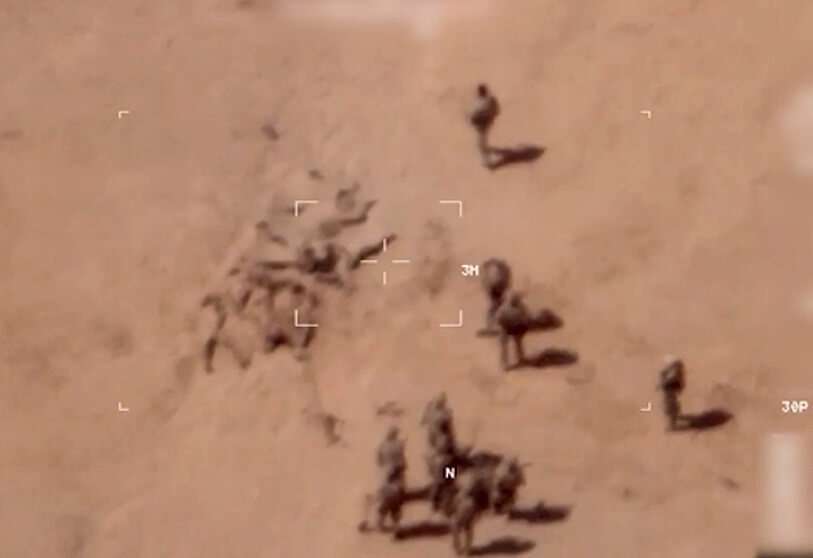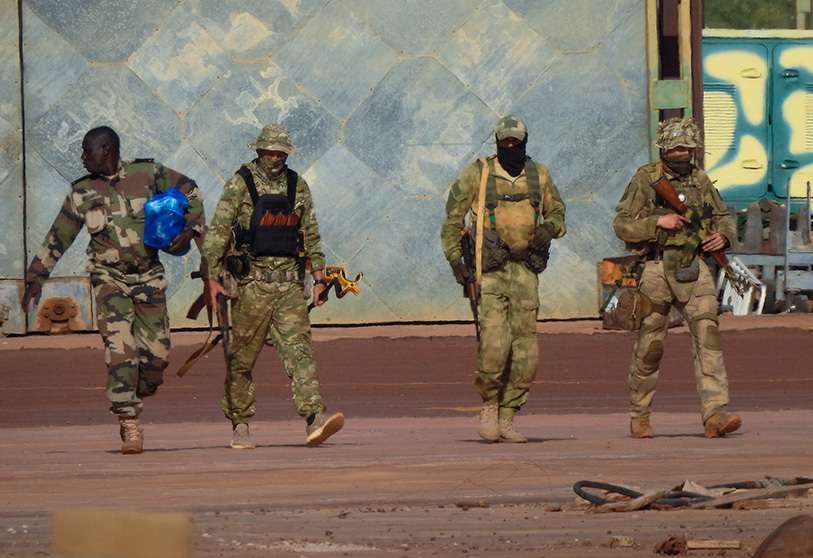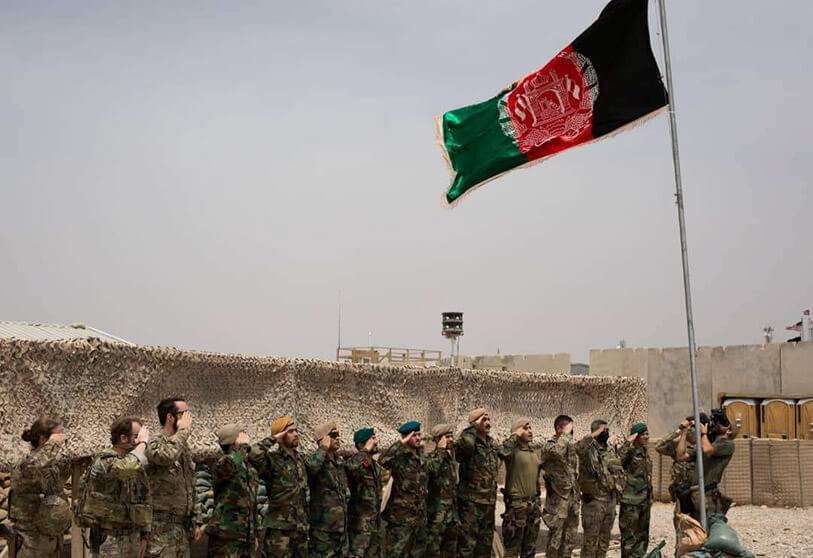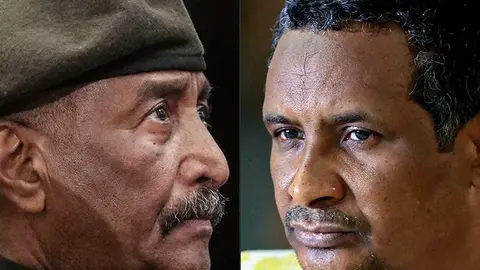Concerns over Algeria's readiness in Wagner Group role

The armed clashes in the Al-Bir region, in northern Mali and southern Algeria, between the Malian army and Wagner's Russian elements, on the one hand, and the alliance of the Azawad factions and the Ansar al-Din organization, on the other, placed the first effect of the rapid movement of coastal sands in the region, as it multiplied the chances of an explosion on the desert coast coinciding with the effects of the coup.
The military assault of the Malian army, assisted by Wagner, against the bases of the armed groups associated with the Azawad region, which in turn has the support of the Islamic Organization Ansar al-Din Arenas de la costa, has received no response or official communication. To cause confusion about Russia's role in Africa's accelerating transformations, Wagner's forces and the Malian army made an appearance during their most recent field operation against armed groups opposing the central government.

Due to the plans of Mali's military leaders to circumvent its provisions, the Peace and Reconciliation Agreement, to which Algeria has been a part since 2015 with the support of the UN and other nations, recently began to fail. This development comes amid concerns about Algeria's readiness to face these changes and its ability to contain their repercussions, as well as that it could face a scenario beyond its capacity and that its high self-confidence can result in a state of shock if it faces changes greater than its expectations, similar to what happened with France, which believes that it can control the transformations of the Sahel and Sahara region, to wake up to a wave that shakes its childhood areas.

In light of the unannounced support for the coups that occurred, either in Mali or Niger, activists on social media claimed that Algeria is paying the cost of leniency with Russia's role in Mali and the cold neutrality it has shown towards Wagner's role on its southern borders.
Wagner's presence on African soil seems to have ceased to embarrass Moscow, despite its effects on the escalation of the conflict in the area, and that it exceeds the limits of the already existing rapprochement between Algeria and Russia. This is because Wagner's presence was associated with a crisis that Algeria has been trying to resolve since 2015 by bringing the Bamako government and the armed groups in the north of the country to a mutually acceptable understanding.
According to international reports citing witnesses, ‘clashes broke out since Thursday in the town of Al-Bir, located in the Kidal region in the north of the country, not far from the Algerian border, between a unit of the Malian army and armed elements of the Azawad military Alliance´.
Armed conflicts between the official Malian army and militants of the Azawad Military Coordination or jihadist groups such as Ansar al-Din and ISIS have occurred frequently, particularly since the coup against the Malian government in 2020 and then again in 2021. But for Algeria, which shares about 2400 km of land borders with Mali and Niger, the entry of Wagner's forces into the crisis line and their synchronization with another military coup in Niger present a significant challenge.

The Algerian army will be the first to suffer the effects and repercussions of the heavy burden of securing the nation's southern borders from the activity of jihadist groups and independent organizations, clandestine immigrant gangs and organized crime, as well as the possibilities of humanitarian aid.
The Peace and Reconciliation Agreement, sponsored by Algeria since 2015 with the support of the international community and the UN, has recently been threatened by the intentions of the Malian military leadership to reject its provisions and the threat of the armed factions to abandon it due to what it describes as “the continuous harassment of the Malian army”, which is what is considered a field threat that reflects the political changes in the region given the reduction of influence.










